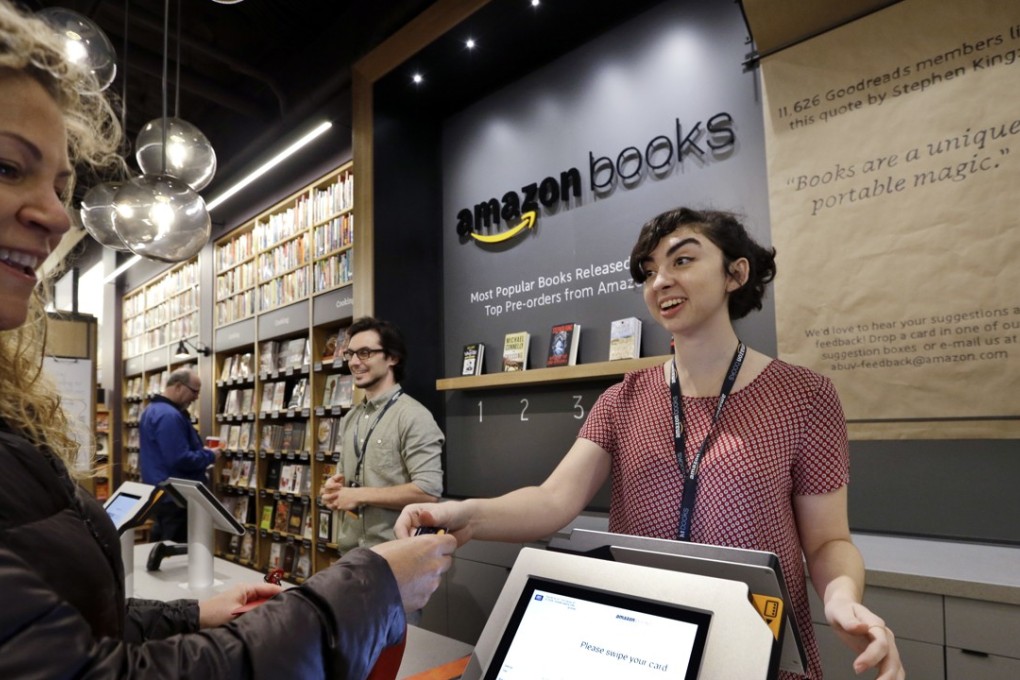The View | Opinion: It’s not too late to bet on Amazon, Google and other ‘grown up’ techs
‘Both companies have proved that they know how to make money and investors are coming to appreciate that they have reached that stage of development where they need to spend a lot more to keep in the game’

With the Nasdaq Composite Index, driven by tech stocks, reaching a record 6,000 and many fund managers wondering aloud whether we are about to revisit the bursting of the 2000 dotcom bubble, it’s time to look again at how the tech investment sector is regarded.
Before doing so it is worth stating that current valuations of tech stocks are far less heady than they were in 2000 when, for example, Microsoft was trading on a price earnings/multiple of some 59 times, now it’s at a modest level of 20 times; indeed the whole tech sector is trading on an average of some 30 times, maybe a little frothy but hardly cause for alarm.
The question is not merely one of classification but of how to treat the tech sector in investment terms
One big reason why tech stocks have come back down to earth is that most of the biggest companies in the sector have long ceased to be concept stocks and are now mature businesses doing the sort of things grown up companies are supposed to do, such as investing, sometimes literally in bricks and mortar, judiciously making acquisitions and finding ways to grow revenues out of their core operations.
Amazon, for example, is making heavy investments in both property and equipment to sustain its business. Alphabet, the parent of Google, is busy putting money into data centres and investing in its Google hardware business. Both companies have proved that they know how to make money and investors are coming to appreciate that they have reached that stage of development where they need to spend a lot more to keep in the game.

But what game are they in? Why is Amazon not classified as a retailer, or, for that matter, why are Facebook, Netflix and Google not seen as media companies? These four corporations constitute the famous FANG grouping of major tech companies that are leading the sector.
The question is not merely one of classification but of how to treat the tech sector in investment terms. There is some lack of logic here because, in the case of Amazon, its business clearly is retailing but it mainly sells to customers through the internet and has been extremely innovative in the way it makes these sales.
